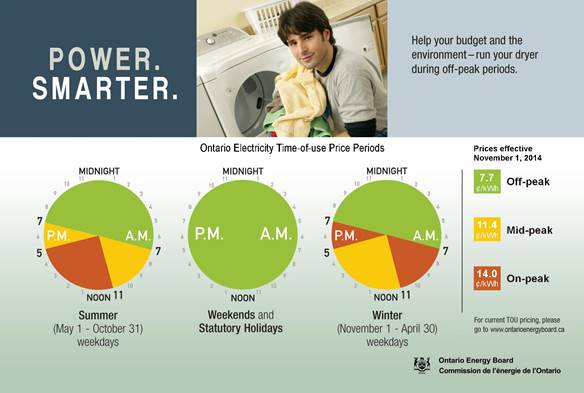Big Step Forward for Offshore Wind
Massachusetts has selected Vineyard Wind to develop an 800-megawatt wind farm — about 100 turbines — in federal...
 The folks who run the New England power grid issued a report on July 15 stating, “Mild weather, low demand, and the lowest average natural gas price since 2003 brought June’s wholesale power price to under $20 per megawatt-hour, by far the lowest monthly price in the 12 years New England has had competitive power markets in their current form.”
The folks who run the New England power grid issued a report on July 15 stating, “Mild weather, low demand, and the lowest average natural gas price since 2003 brought June’s wholesale power price to under $20 per megawatt-hour, by far the lowest monthly price in the 12 years New England has had competitive power markets in their current form.”
Our read of the data is that it contradicts claims of those who are pushing for more natural gas pipeline infrastructure in New England, paid for by a long-term commitment by electricity ratepayers.
New England does not need more natural gas 365 days per year. It would be unprecedented to have electricity ratepayers be put on the hook for natural gas pipeline financing over any period of time, let alone a long-term obligation. And it is clear by a recent study by Synapse Energy Economics that if the big new gas pipelines are built, Massachusetts would not be able to meet the requirements of the 2008 Global Warming Solutions Act.
Discussion of gas pipelines picked up in the winter of 2013/2014 in reaction to very high electricity prices. But we saw how prices in the winter of 2014/2015 came down some as the regional power grid reacted by using more liquefied natural gas (LNG) and oil as substitutes for higher priced natural gas brought into the region by pipe. The price of LNG in 2014/2015 was 50% less than the previous winter. In the short term, meaning a few years, it makes more sense to utilize LNG and oil for a few days each winter than to increase our overreliance on natural gas.

We can also attack the problem of winter peak demand through a variety of measures that have great economics in the long-term and that are compatible with our climate change goals:
This June data on electricity prices was helpful in terms of reminding us that we have a winter peak problem, not a year-round problem. Let’s focus on solutions that match the problem.
Make the switch to 100% local renewable energy to help New England's power grid move away from natural gas even faster.
Massachusetts has selected Vineyard Wind to develop an 800-megawatt wind farm — about 100 turbines — in federal...
Last week, Governor Raimondo signed Executive Order 20-01, Advancing 100% Renewable Energy Future for Rhode Island...
Comments